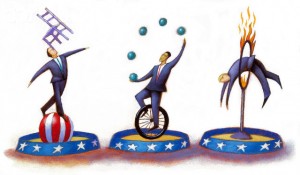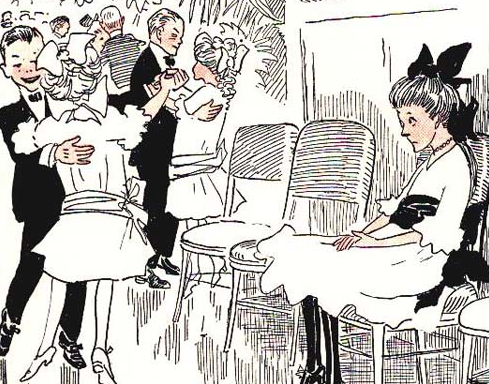(Prologue: I’ve got first-hand experience that a real understanding of the laws of karma can substantially change our lives for the better. I created this weblog to share information and personal experience with others. May it be of benefit!)

On Sunday, May 03, 2009 I watched a television programme on the world’s oldest living conjoined twins on The Learning Channel. On Mother’s Day, May 10, I want to pay tribute to their step-mother Mary. Their biological mother rejected them.
With their bodies fused at the lower chest, doctors didn’t think that conjoined twins Ronnie and Donnie would survive through the night. But the twins have confounded everyone by living to the ripe old age of 57. <source – The Learning Channel)
I was so moved by Ronnie and Donnie’s story. Besides feeling great appreciation for their step-mother Mary, I want to honour the twins for demonstrating in a physical way that we are all spiritually, emotionally and psychologically interdependent in this world. That we are not separate or independent from others.
They illustrate in such a heartfelt way the notion of skillful means and compassion.
If you like this post, please tell a friend. Then consider subscribing to the weblog. Just click on the Subscribe button in the navigation bar. And then follow one of three simple sets of instructions. Thank you.









 fictional
fictional

